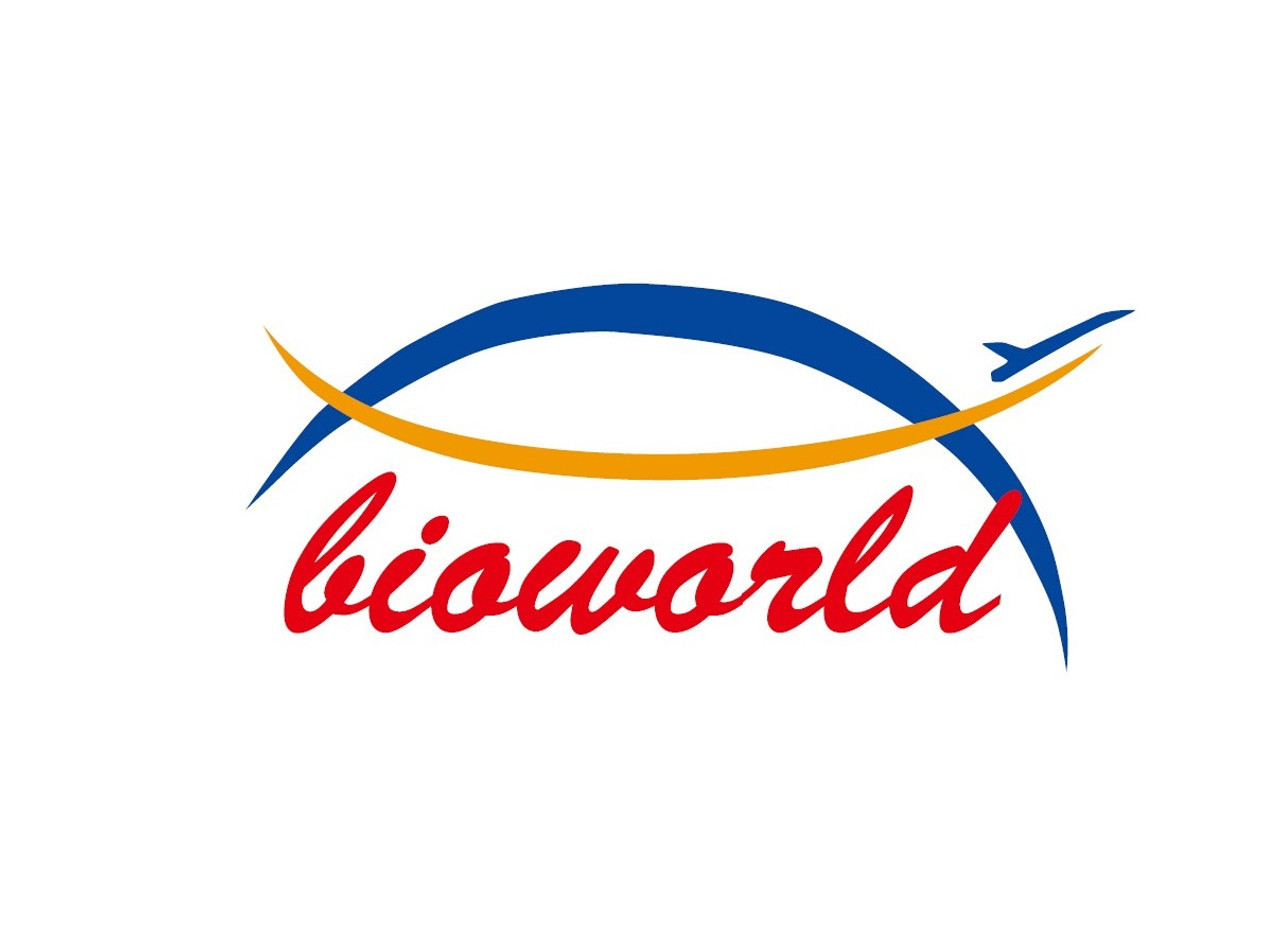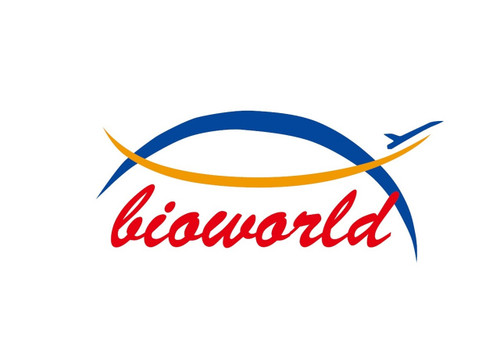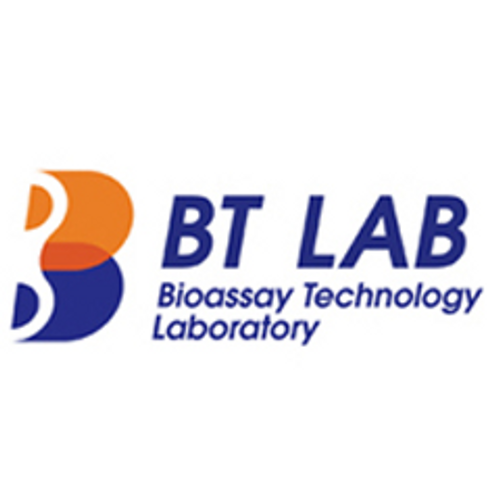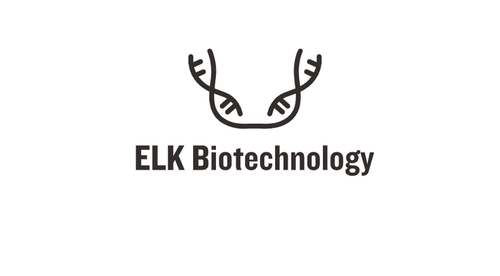Product Description
MRE11 (L260) polyclonal Antibody | BS1852 | Bioworld
Host: Rabbit
Reactivity: Human,Mouse,Rat
Application: WB IHC
Application Range: WB: 1:500~1:1000 IHC: 1:50~1:200
Background: DNA double-strand breaks are generated by ionizing radiation and endogenously produced radicals, and they often are repaired through the RAD52 homologous recombination pathway. The RAD52 family includes RAD51, RAD52, RAD54, RAD54B and MRE11 genes. Rad51 and Rad52 proteins perform the key steps in homologous recombination (HR), including the search for DNA homology and strand exchange, through similar mechanisms. Mre11 functions in both non-homologous end joining, and meiotic HR, and it is essential in mitosis for chromosome maintenance. Rad54 belongs to the SWI2/SNF2 subfamily of ATPases, which includes the DNA helicases involved in replication, recombination, and repair, as it contains seven amino acid sequence motifs that are largely conserved. Rad54 ATPase activity is dependent on double-stranded (ds) DNA, and the ATPase activity of Rad54 is not absolutely required for its DNA repair function, suggesting that these activities occur at distinct regions of the molecule. RAD54B is significantly homologous to the RAD54 recombination gene. Expression of RAD54B is highest in testis and spleen, which are active in both meiotic and mitotic recombination..
Storage & Stability: Store at 4°C short term. Aliquot and store at -20°C long term. Avoid freeze-thaw cycles.
Specificity: MRE11 (L260) polyclonal Antibody detects endogenous levels of MRE11 protein
Molecular Weight: ~ 81 kDa
Note: For research use only, not for use in diagnostic procedure.
Alternative Names: Double-strand break repair protein MRE11A; Meiotic recombination 11 homolog 1; MRE11 homolog 1; Meiotic recombination 11 homolog A; MRE11 homolog A; MRE11A; HNGS1; MRE11
Immunogen: Synthetic peptide, corresponding to amino acids 240-280 of Human MRE11.
Conjugate: Unconjugated
Modification: Unmodification
Purification & Purity: The Antibody was affinity-purified from rabbit antiserum by affinity-chromatography using epitope-specific immunogen and the purity is > 95% (by SDS-PAGE) .
Pathway: Contribution of Soluble Factors to EMT,ESC Pluripotency and Differentiation Signaling Pathway,
 Euro
Euro
 USD
USD
 British Pound
British Pound
 NULL
NULL








